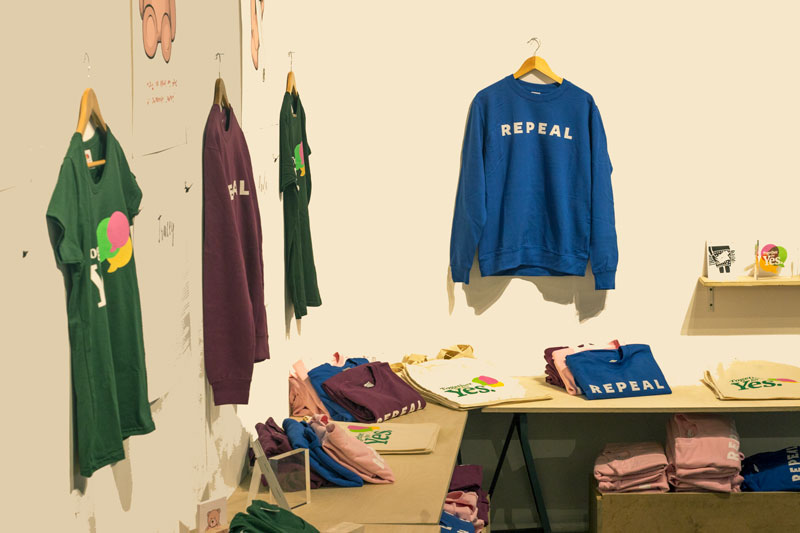When you think of a ‘girl dinner’, abortion pills might not be the first thing that springs to mind. However, at the Abortion Pills and Stigma Workshop hosted by DU Gender Equality Society (DUGES) and Alliance for Choice Derry on Thursday evening they emphasised that this method of abortion should be as destigmatised as our TikTok trends and dinner plates.
A self-described “non-hierarchical radical feminist group”, Alliance for Choice Derry (AFCD) began running workshops such as Thursday’s after the welfare officer at Queen’s University Belfast realised there was a lack of support for students having pill-induced abortions (for instance for those not being able to take time off from lectures).
For the DUGES chairperson, educating students about abortion is crucial: “People think that because of the eighth amendment being repealed, the fight for abortion is over.” The night focused on providing students with information about the stigma surrounding abortion – our own as well as others’ – and practical guidance about the realities of abortion medicine and law.
“We need to discuss abortions, safe sex, have open discussions and break down the stigma”, the chairperson says. Indeed, open discussions and breaking stigma were cornerstones of the workshop. The evening felt intimate and encouraging, with students sharing their own experiences harbouring stigma about abortion or living in places where abortion is still illegal.
DUGES members spoke eloquently and empathetically about the ongoing struggle for women worldwide to access abortion. The night did not shy away from the complexity and nuance of the topic: one discussion involved how to support a friend who views abortion as ‘murder’ but also has an unwanted pregnancy. As a spokesperson for AFCD told me: “It’s something that involves your mental health, your bodily autonomy, your friendships, our community.” The event made clear that DUGES are working to provide a supportive community for students at Trinity.
While the workshop didn’t skirt the seriousness of the topic, it managed to remain friendly and at times humorous: the room laughed over the ‘girl dinner’ anecdote and talk about dressing as abortion pills for Halloween.
Throughout, AFCD emphasised the potential legal ramifications for clinicians providing abortion services and were pragmatic about the experience of a pill-induced abortion: “It can be extremely painful. It’s fair to be upfront about that.” The second half of the evening detailed the process of undergoing an abortion using pills, from how to access the medicine legally to how to take it safely.
Ultimately, the night fostered empathy and empowerment through information and open-mindedness. As a spokesperson for AFCD told me, “we do consider it care work and bringing people together”. I have no doubt that future events by DUGES will continue to bring students together and care for them in the ways that matter most.







